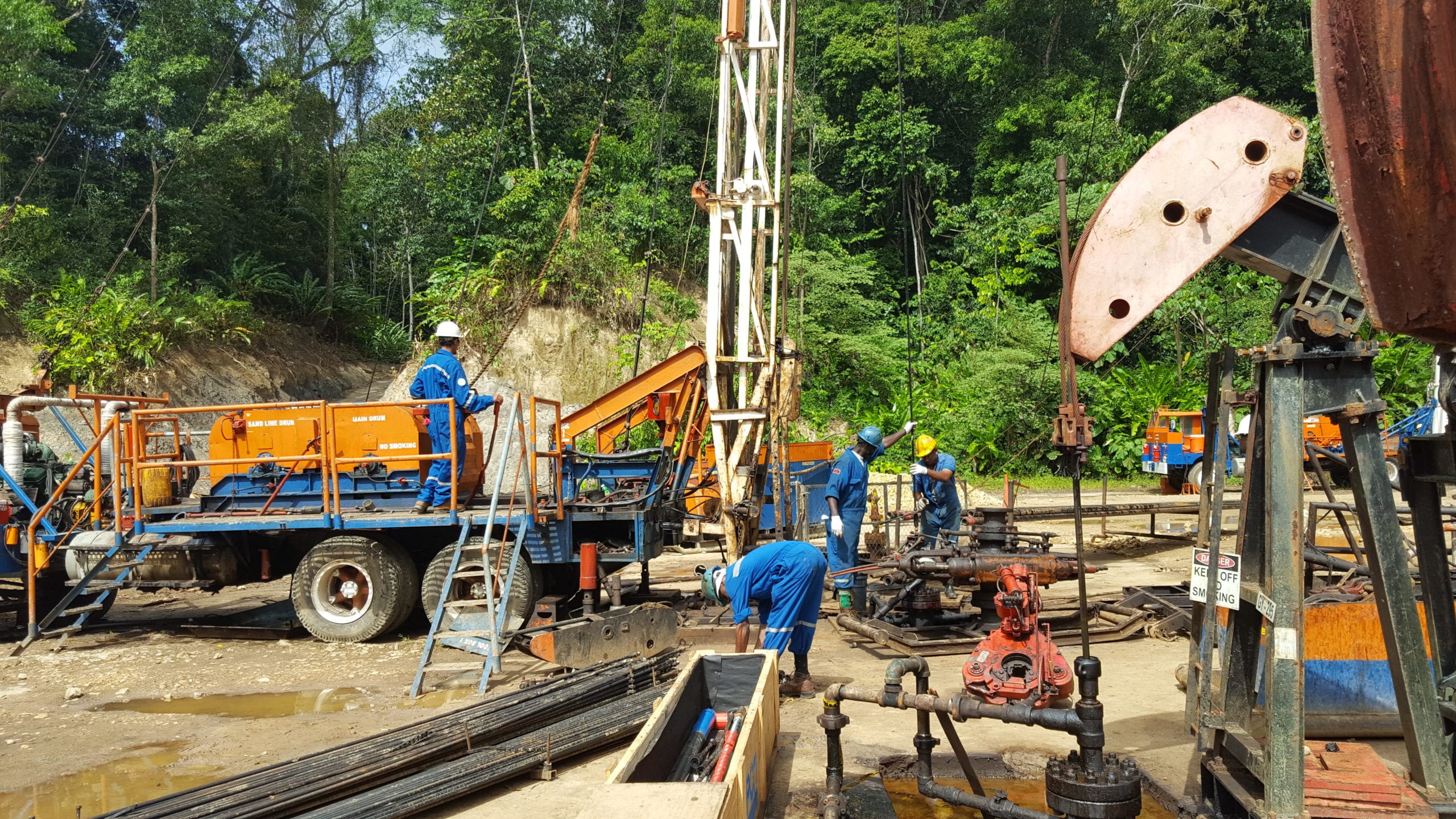Challenger Energy Group (LON:CEG) has announced sale of its entire Trinidad business, a move that allows the company to streamline its operations and focus on high-impact opportunities, particularly in Uruguay.
A Transformational Deal
The sale, valued at up to US$6.0 million, sees Challenger offload its Trinidad producing assets to a consortium of UK-listed Predator Oil and Gas and local Trinidad operator West Indian Energy Group. The deal comprises an upfront payment of US$1.0 million (split between an initial US$0.25 million and US$0.75 million at closing), a further US$0.75 million paid in instalments by the end of 2025, 2026, and 2027, and liability assumption worth US$4.25 million. Additionally, Challenger stands to gain up to US$2.0 million in contingent payments if production surpasses 750 barrels per day (bbl/d) by 2027, a significant increase from its last reported 280 bbl/d.
Focus on Growth and Higher Returns
Zeus analyst Daniel Slater sees strong strategic logic in the sale, stating, “There is a solid rationale for Challenger selling its Trinidad assets. First, at current oil price levels, we believe the assets are broadly operating cash flow breakeven (partly due to the Trinidad fiscal terms), meaning the cash and shares elements of the deal due upfront and over the next few years can add to (or at least not affect) company funding resources overall.”
The Trinidad business recorded a loss of approximately US$0.6 million for the year to June 2024, making the sale a practical financial decision. By divesting, Challenger can sharpen its focus on its promising Uruguay assets, which include upcoming seismic activity and a potential drilling decision on the high-profile OFF-1 licence.
Strengthening the Portfolio
Uruguay has been gaining increased industry attention, with major players such as Shell, APA Corp (Apache), and YPF securing acreage in the region. Challenger has identified three large-scale prospects on its OFF-1 licence, and its farm-out agreement with Chevron has already provided US$12.5 million in upfront funding for seismic operations. The company is also advancing its OFF-3 licence with a planned farm-out process in mid-2025.
Zeus values Challenger’s shares at 27.0p, aligning with its total risked NAV, reflecting the company’s evolving strategy.
On a Final Note
The sale of its Trinidad assets marks a pivotal moment for Challenger Energy, allowing it to prioritise high-upside exploration plays while simultaneously bolstering its financial position. With a sharpened focus on Uruguay and a strengthened balance sheet, Challenger is positioning itself for significant growth in the years ahead.






































